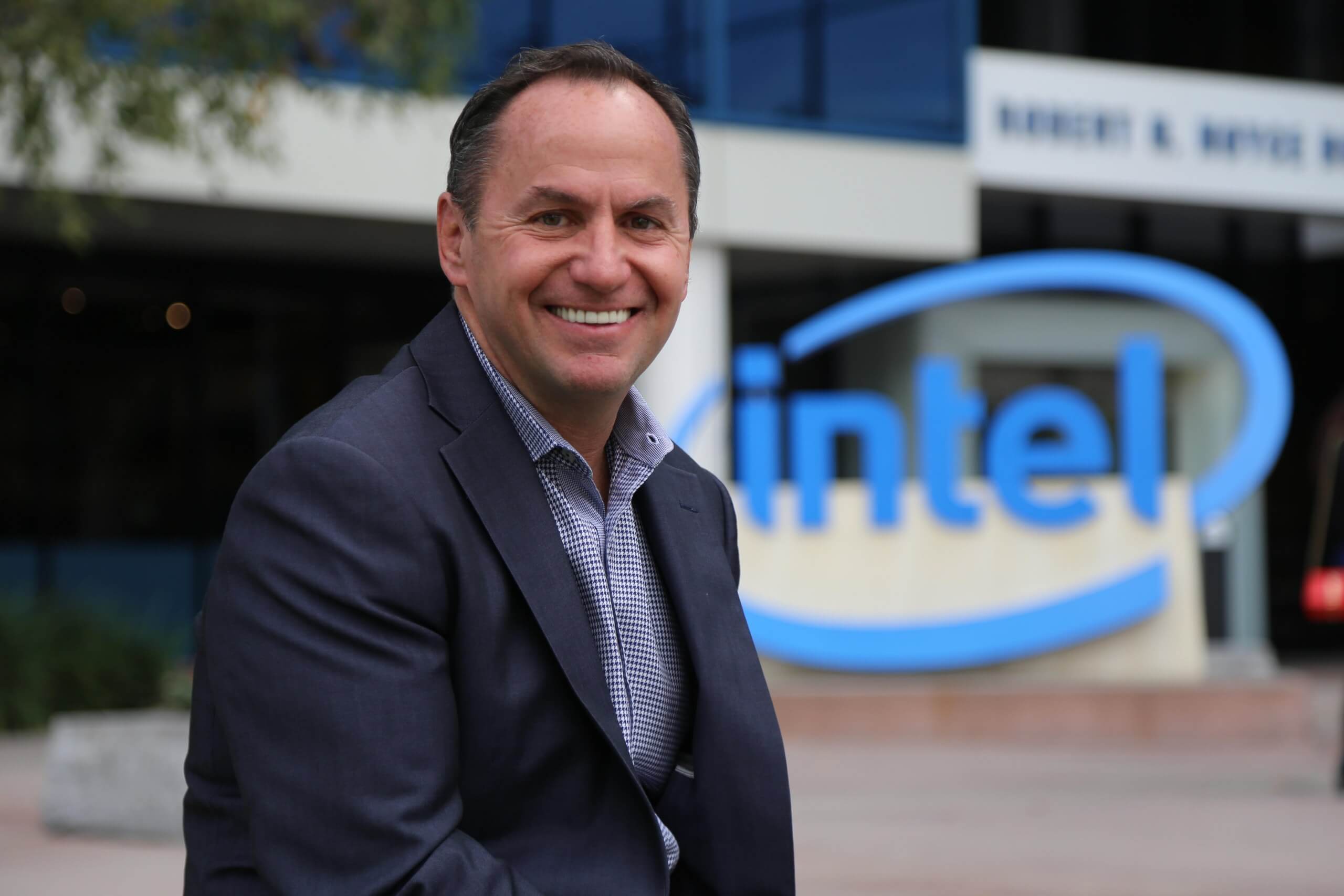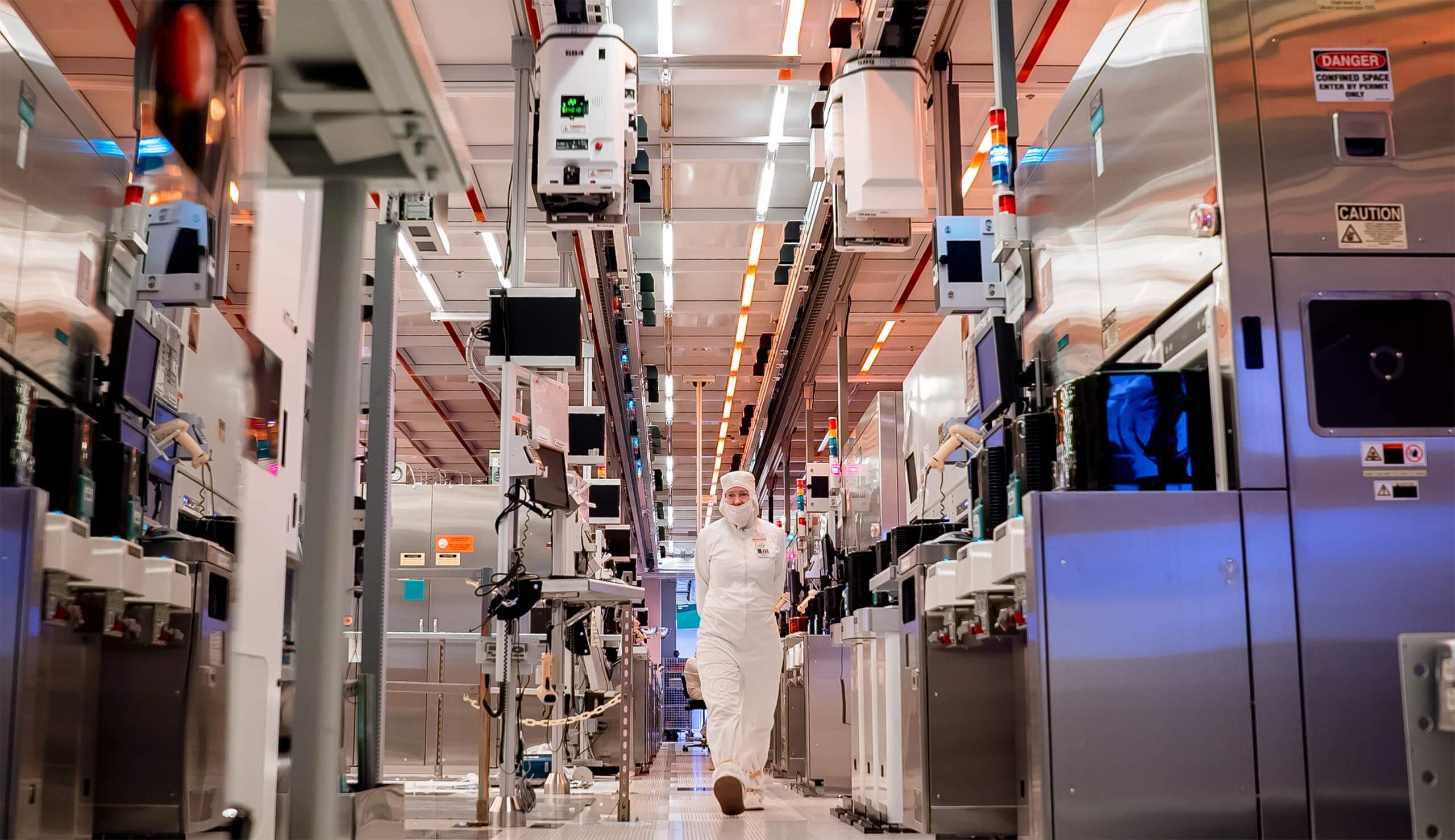Forward-looking: Intel's CEO Bob Swan has revealed a new down-to-earth philosophy for Intel, starting with him "trying to destroy the thinking about having 90% [CPU] market share inside our company." Instead of obsessing over CPU market share - which he says is the cause of Intel's manufacturing troubles - he wants the company to think of Intel as having a 30% share in the gigantic silicon manufacturing business.
"We come to work in the morning with a 30% share with every expectation over the next several years that we will play a larger and larger role in our customers' success - and that doesn't just mean CPUs. It means GPUs, it means Al, it does mean FPGAs. It means bringing these technologies together so we're solving customers' problems. So, we're looking at a company with roughly 30% share in a $288B silicon TAM (total available market), not CPU TAM but silicon TAM," he declared at the recent Credit Suisse conference (transcribed by Wccftech).
Intel's recent explorations of new markets have been met with varying success. Their Optane storage and memory devices have been intriguing and popular, but their modem business turned out to be a disastrous multi-billion dollar bust. All the while, they've been plagued with painful CPU shortages. Swan is placing the blame on their ambition.

"The scar tissue really started with Moore's Law. Two times scaling factor every two years, and that's kind of the simple rule of thumb. That's worked for a very long time. And the transition from 22 to 40 nm and then 14 to 10 nm we decided that despite the fact the physics was getting more challenging, we decided to set a higher bar for ourselves in terms of performance."
"So, the 22 to 14 is not a 2 times density, it was 2.4 and it was bumpy along the way. But it worked and that working gave us the confidence that for 14 to 10 - why don't we take the scaling factor up to 2.7?"
Of course, by trying to jump too far ahead Intel compromised their existing 14 nm foundries and couldn't produce enough CPUs to meet demand, which left them scrambling when they should have been focusing on emerging tech like 5G. Hopefully, the new change in culture will set them on the right path.
